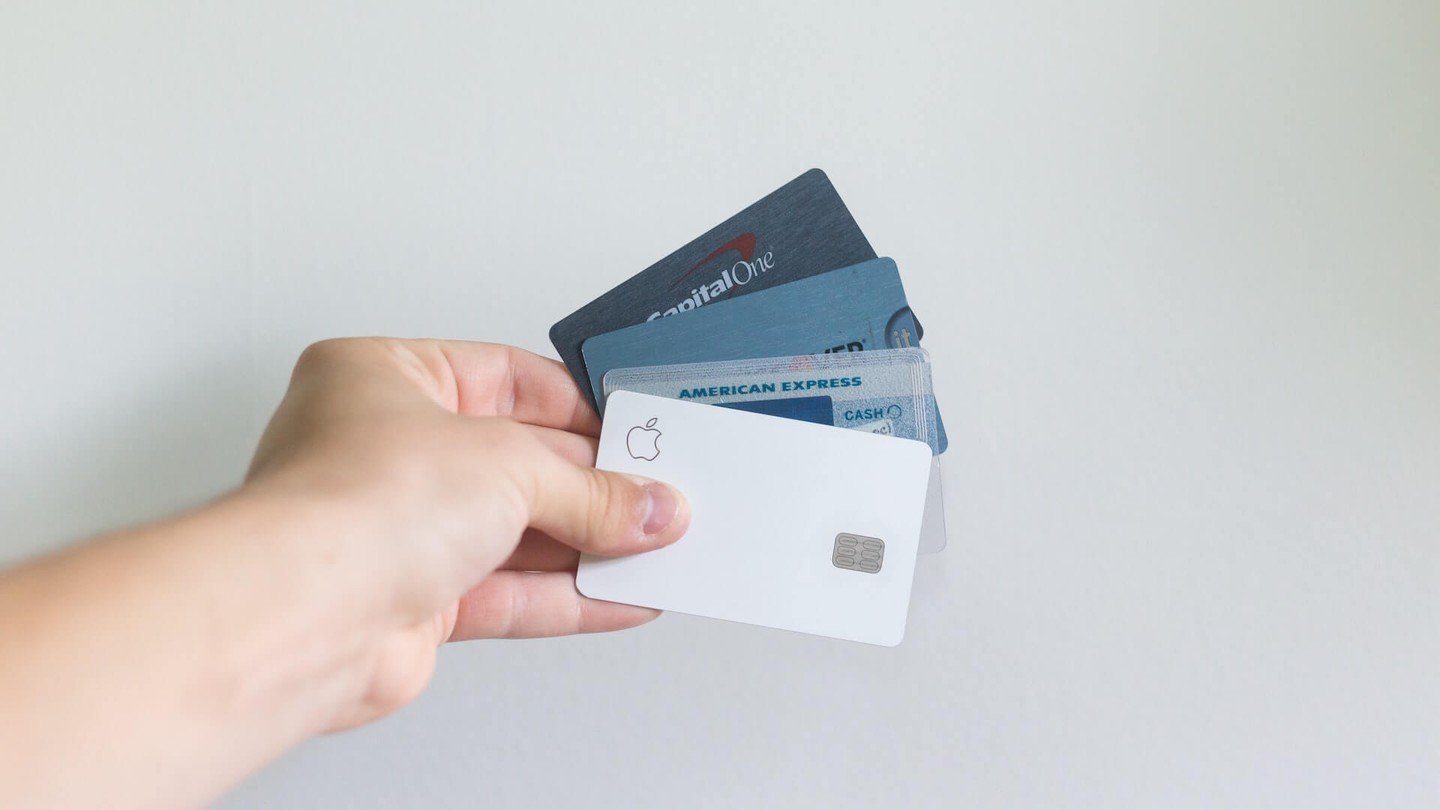In this article
Compare credit cards today
Get your credit score from ClearScore to start seeing your personalised credit card offers today.
How to pick the best credit card for you: 4 easy steps
Finding the right credit card may seem overwhelming, but it doesn’t have to be. Here are four easy steps to help you find the best credit card for you.

In this article
Compare credit cards today
Get your credit score from ClearScore to start seeing your personalised credit card offers today.
Are you in search of the best credit card? Searching for the best credit card may seem overwhelming, but it doesn’t have to be. Luckily, in Canada, you have many different types of credit cards to choose from. Here are four easy steps to help you find the best credit card for you.
If you’re in the good habit of always paying off the full balance of your credit card by the time it’s due, then perhaps the interest rate doesn’t matter to you as much. But if your financial situation changes, it’s important to understand how interest rates can impact you.
If you tend to carry over a balance on your card, you'll have seen how the interest rate has a knock-on effect on your next payment. If you've ever carried over your balance for several months – or beyond the due date – you'll know that interest rate has a rolling impact on your next payments.
When reviewing the interest rate, you’ll want to look at the interest rates that are relevant to you. There’s an interest rate for carrying a balance and another for taking out cash advances. Unless you plan to take out a cash advance, only the first interest rate will be relevant to you.
It’s also important to be aware that some interest rates are promotional or temporary, while others are the standard going rate. If you anticipate carrying a balance for a short period of time at the beginning, that’s when a lower promotional rate can make the most sense.
But, if you think you might carry a balance over the coming months and years, that’s when you’ll want to look for a credit card with a low ongoing interest rate.
Rewards are most often earned when we use our credit cards for everyday spending. The more we spend on our credit cards, the more rewards we earn.
The first thing you want to focus on is the types of rewards. The most common are rewards points, cashback and travel. If you travel a lot, that’s when travel rewards can make the most sense. But, if you don’t like to travel, that’s when reward points and cashback make the most sense.
With your credit card, you could earn rewards points that go towards different retailers - just make sure you check which shops are on the list so you can be sure you’re likely to shop there.
If you’re unsure what you might use the rewards for, you might decide to go with cashback. With cashback, you’ll receive a percentage of how much you spend on your credit card back as cash.
Make sure to do the research to determine how easy or difficult it is to redeem the rewards or travel reward points. If you have to jump through a lot of hoops, that’s when you might choose a simple cashback credit card. It’s important to keep in mind that it’s never worth carrying a balance on your card just to earn credit card rewards. If you know there’s a chance you won’t be able to pay off a purchase by the time your credit card bill is due, you should consider if you truly need to make the purchase.
Then there are the other extra perks that come with being a credit cardholder. Like exclusive access to airport lounges, car rental insurance, first in line for concert tickets and more.
The first fee you’ll want to pay attention to is an annual fee.
If you’re a big spender, an annual fee may make sense. The rewards you’ll earn and the perks the card might come with may be worth it. But, that’s not the case for everyone.
To see if a credit card with an annual fee is worthwhile for you, you’ll want to sit down and do the math and see if the benefits of the card outweigh the costs. By doing a simple cost-benefit analysis, you can see whether a card with an annual fee is a wise financial decision.
Next, you’ll want to focus on the other fees you may have to pay. You’ll want to take the time to review the initial fee schedule you receive when you apply for a credit card. You can see how likely you are to have to pay the fee. That can help you decide whether you apply for one credit card or the next.
Once you have the first three steps figured out, lastly, you’ll want to choose the right type of credit card to suit your lifestyle.
If you’re new to credit cards and don’t have much of a credit score and can’t qualify for a standard credit card, you might sign up for a secured one.
Secured credit cards are credit cards where you’re required to make a deposit to establish a credit limit. For example, if you make a $500 deposit, your credit limit may be $500 to start. If you have a lower credit score or credit history, it may be a good idea to get a secured credit card. Once you build up a credit score, that’s when you can switch over to a standard credit card, where no deposit is needed.
Learn more: How to improve your credit score
Then there are unsecured credit cards. These include travel, rewards and cashback.
With travel you earn rewards that you can use towards your flights and accommodation. This makes the most sense if you enjoy travelling.
With rewards, you earn rewards you can use at your favourite retailer to redeem towards goods and services you’ll value.
Cashback is the most flexible. You can use it towards pretty much anything. You can even sometimes use it to pay off the balance on your credit card.
Again, depending on where you spend your money and the rewards that you value, these cards may or may not make sense. It’s up to you to decide.
Next step: Start comparing credit cards with ClearScore today.
Tassie heads up ClearScore Canada. She lives in Toronto with her husband and two young boys. In her free time, she can be found at the family lake house or playing ball hockey.
